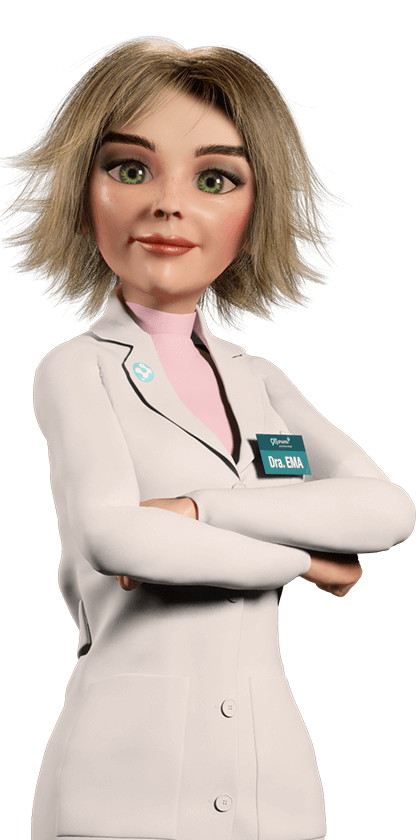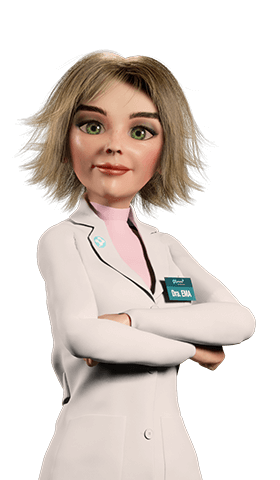Dermatology
Solving excessive perspiration

Hyperhidrosis is a benign disease that is characterised by excessive sweat production.
It is estimated to affect about 150 thousand Portuguese and although it is not a serious pathology, it can cause great disturbance in the life of those who suffer from it, not only because of the stains it leaves on their clothes, but also because of the odour associated with sweating, which may hinder social contact.
Hyperhidrosis usually appears in childhood and it seems to be more frequent in women, with the worsening of symptoms in puberty.
If you think you sweat more than you consider to be normal, talk to your doctor or pharmacist. Hyperhidrosis can cause great discomfort and anxiety but be aware that there are treatments that can reduce the intensity of symptoms or even eliminate the problem.
But why do we sweat?
Sweating is an essential physiological mechanism for regulating body temperature and is controlled by the autonomic nervous system. The amount of sweat that each person produces depends mainly on genetic factors, but other factors such as heat, physical exercise, stress and anxiety, pregnancy, puberty, and menopause also contribute to the production of sweat. Alcohol, nicotine, spicy foods and coffee affect the amount of sweat produced too.
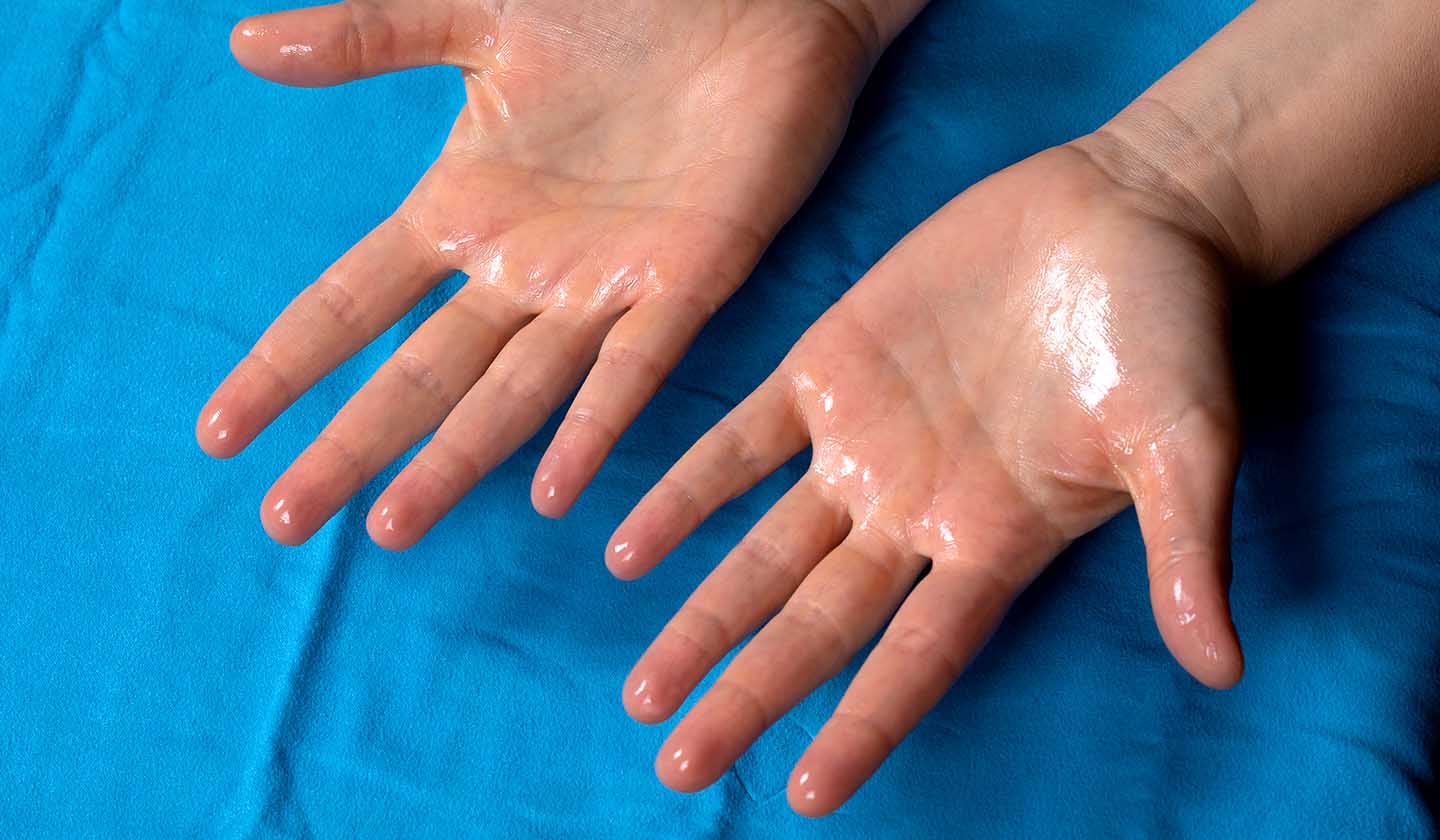
Symptoms
Excessive sweating manifests itself mainly in the armpits, hands, feet, face, and head, that is, areas where there is a greater number of sweat glands (glands that produce sweat).
Bad odour (bromhidrosis) appears along with perspiration, this body odour is caused by the action of bacteria present on the skin which break down sweat and cell debris.
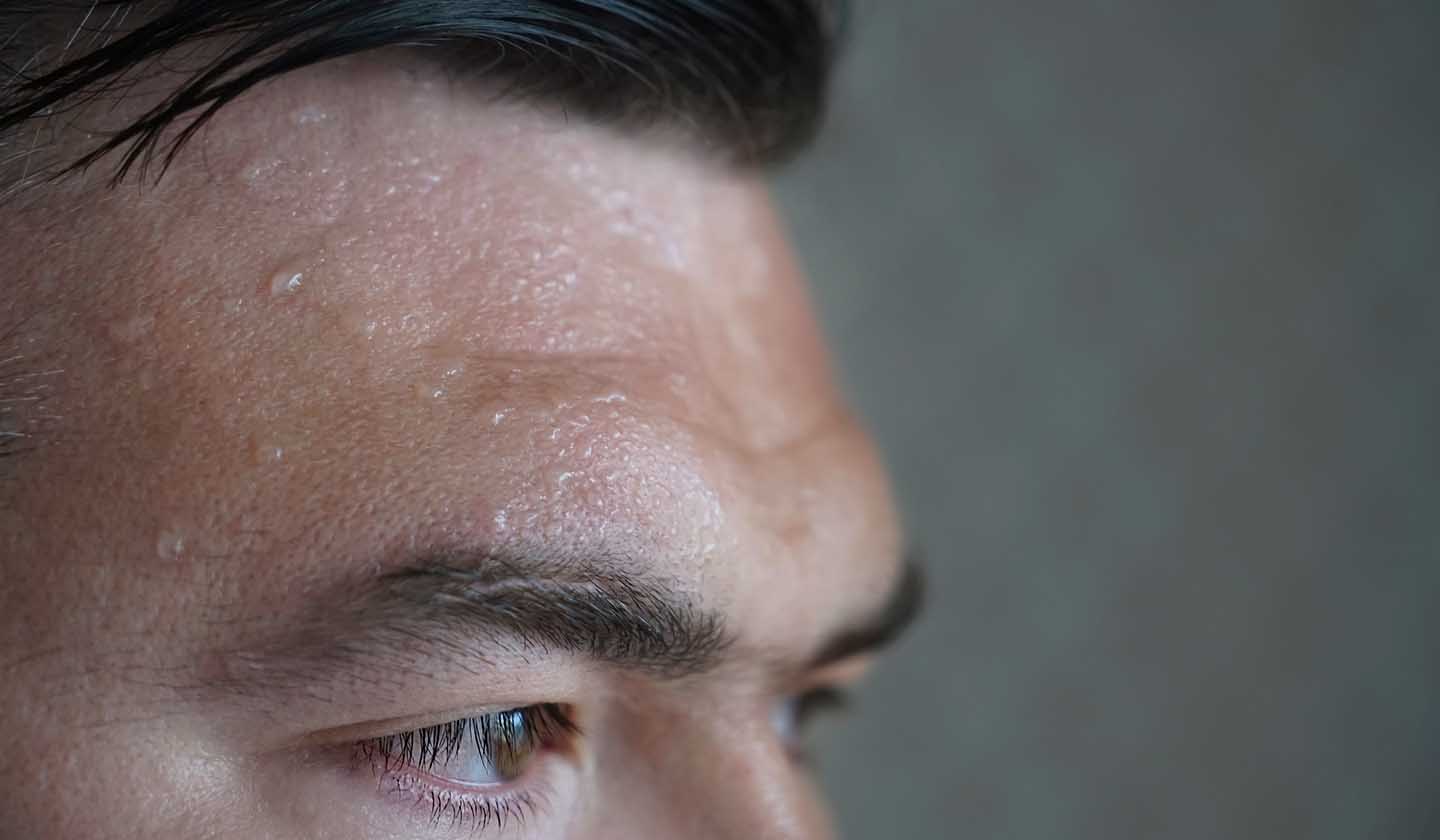
Types of hyperhidrosis
Focal primary hyperhidrosis:
It appears in childhood or adolescence and is related to genetic factors. The most affected areas are the hands, feet, armpits, face, and head.
This situation occurs at least once a week, but it does not occur during sleep.
Generalized secondary hyperhidrosis:
It appears in adulthood. This condition is caused by a pre-existing disease (diabetes, gout, hyperthyroidism, Parkinson's, Zone, heart disease, obesity, alcoholism...) or is a side effect of some drug (some antidepressants, propranolol, some drugs to treat Alzheimer's...).
It affects various areas of the body, occurs during sleep and symptoms appear several times a week.
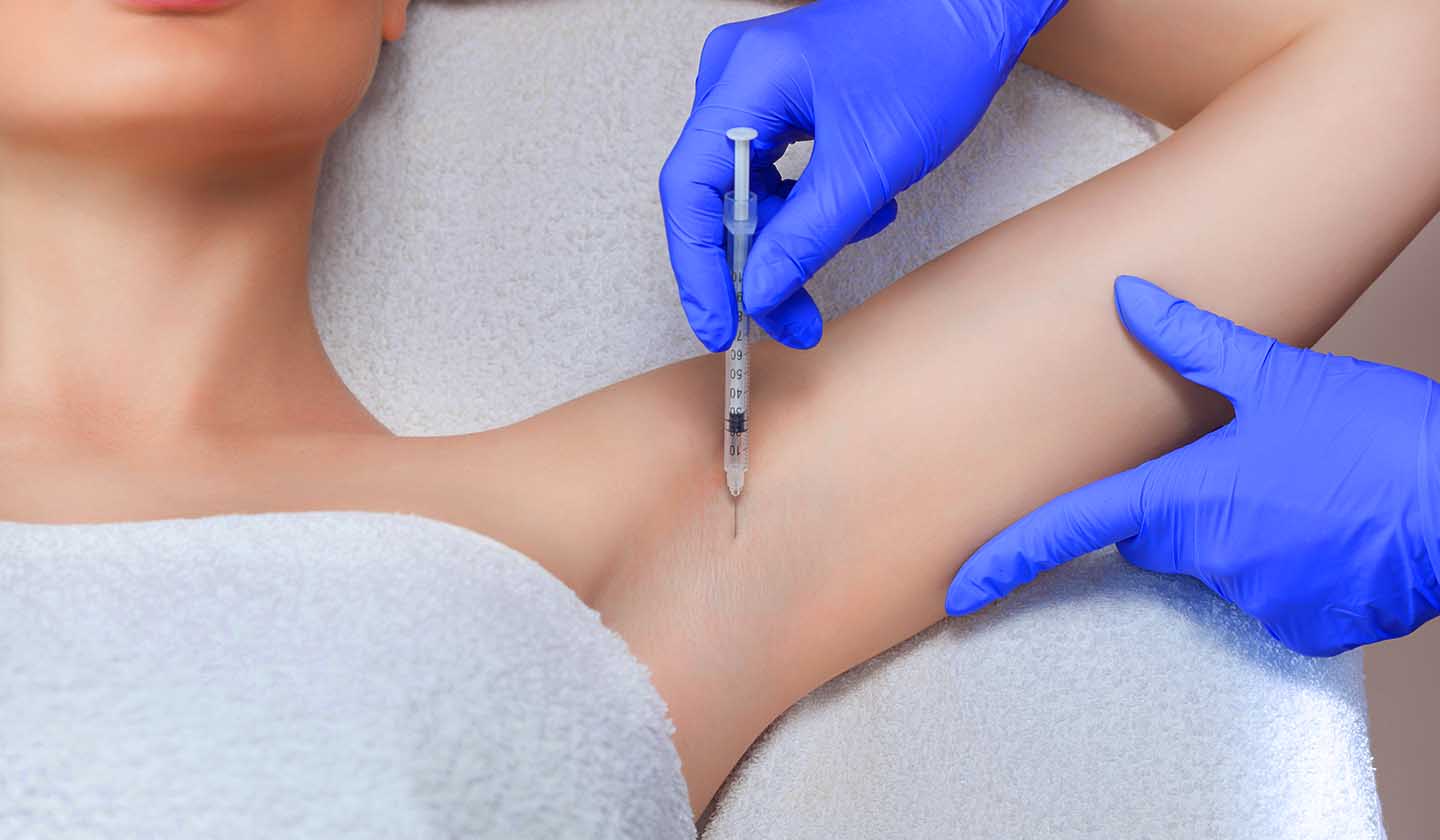
Treatments
- Antiperspirants - spray, roll-on, cream, lotion (they help to decrease perspiration);
- Iontophoresis - electrodes connected to low-intensity current, inhibit sweat production by the sweat glands);
- Periodic injections of botulinum toxin;
- Surgery - incision below the armpit where there is ablation of the sympathetic nerve.
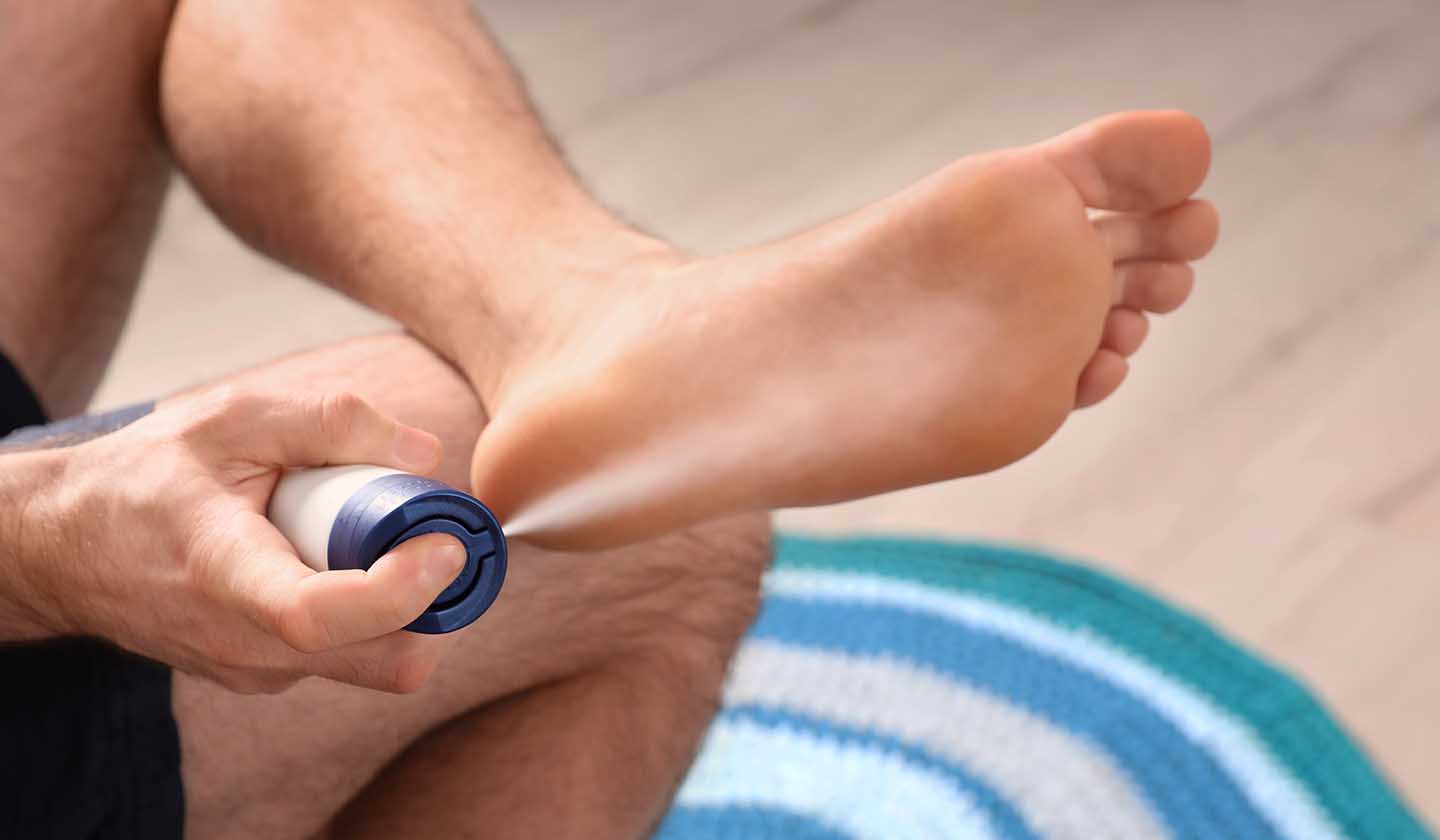
Prevention
Some measures can be taken to help control excessive sweating. Here are some tips.
- Wear cotton clothes and socks (opt for natural breathable fabrics and avoid synthetic fibres);
- Bathe daily, using an antibacterial gel;
- Dry the skin well;
- Use an antiperspirant;
- Avoid spicy foods, alcohol, and hot drinks;
- Reduce stress and anxiety.
At your local pharmacy, you can find professionals who can help and advise you on how to deal with hyperhidrosis. If you are unsure, do not hesitate to talk to your pharmacist.
Sources
iSaúde
Farmácia Distribuição Magazine
Também lhe poderá interessar
Digestive system
Good habits, good breath
Gynecology
